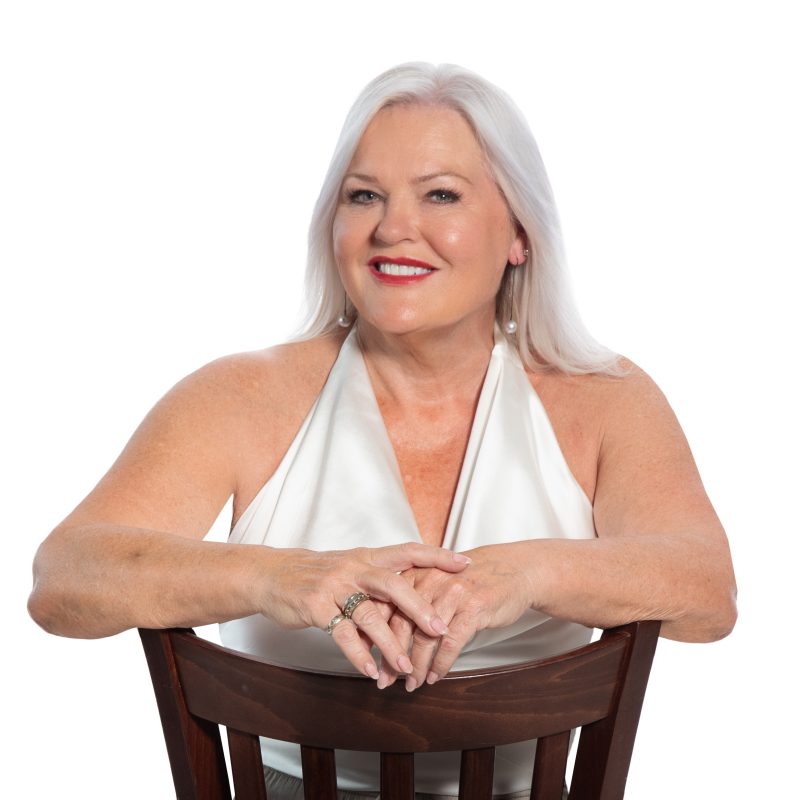A snippet from the upcoming “A Knight in White Satin”
After long consideration, I chose to write about the experiences and influences which have shaped me, and which inform my work as an Executive Coach.
Here is a little of the introduction to my story:
“…Warriors are my family. Generations have gone to war, and returned injured, physically, or mentally. Similarly, the women who cared for them did so with ferocity, loyalty, and unflinching love and devotion. These were my role models. Northerners one and all, they were good, kind, fair, brave and generous – living mostly in poverty, but always generous with what little they had.
Born to be a warrior, that belief was instilled in me without any kind of announcement. It came through a gradual collection of influences and experiences, leading to an innate understanding that fighting back is always an option and that fighting back on behalf of those who are less capable, is to do God’s work. Pure intent and a strong heart are the essence of a crusader.
The same is true of the very best coach. If you intend to challenge someone – especially one who is already successful and powerful – you need to be robust in that challenge and do so only with positive and altruistic intent…”
A professional coach is duty-bound to self-examination and reflection; the purpose of which is to identify those ideas which might cloud one’s vision of the client, or to taint their version of the issues they wish to share. There is an irony there. Surely a coach ought to be able to instruct the client, to demonstrate admirable behaviors which might assist them in facing their challenges?
That would be wrong. Each and every client must leave a coaching session, firm in their OWN beliefs and values and convinced that any course of action they will take, is of their OWN volition.
An effective coaching conversation empowers the client to consider their challenges in different ways, and to explore ideas and approaches which they would otherwise not have considered.
I am known to be bold, candid and challenging and infinitely unshockable; to be unafraid to stand fast in my beliefs; but how dangerous it might be to encourage a client to follow my path …!
A professional coach does not tell a client how to act. That is not the purpose of the interaction. The power of the coaching conversation is the provision of a safe, trusting relationship within which the qualities of the coach might assist this structured conversation, and produce outcomes which belong to the client. The actions which the client decides upon must be their own choice and the longevity and commitment to those choices are inherent in the extent to which the client owns those decisions.
So for what reason would I wish to broadcast my personal characteristics? Where is the value in that?
To a large extent, the qualities of the coach are what the client chooses as part of the relationship. The rapport between coach and client is critical. Whilst a great coach is able to adapt themselves to the client in the rapport-building stage, there is a forward-thrust in credibility when the client accepting of the persona of the coach, and of their professional background.
Book a chemistry meeting with me.
Back to News & Blogs Overview
